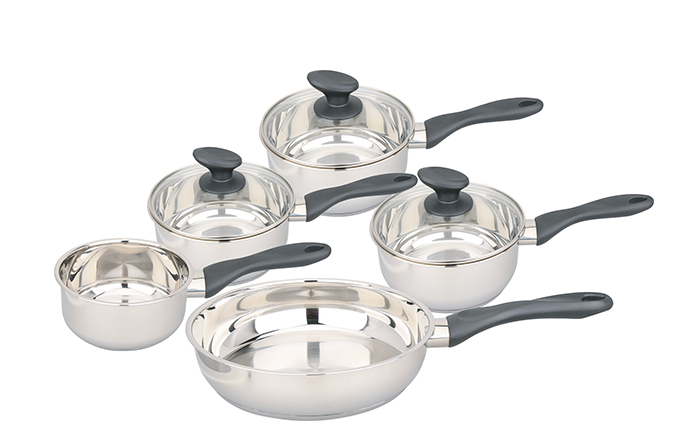What should I pay attention to when using stainless steel cutlery?
Stainless steel is made of iron, chromium, nickel alloys, and then mixed with trace elements such as molybdenum, titanium, cobalt, and manganese. The metal performance is good, and the made utensils are beautiful and durable. However, if stainless steel kitchen utensils are used improperly, heavy metal elements may slowly "accumulate" in the human body, endangering health.

1. Avoid storing too acidic food
Stainless steel tableware is not suitable for holding salt, soy sauce, vegetable soup, etc., and also not suitable for holding acidic juice. Because the electrolyte in these foods can have a complex "electrochemical reaction" with the metal elements in the tableware, causing excessive dissolution of the elements.
2. Avoid washing with strong alkali and strong oxidizing agents
Such as alkaline water, soda and bleaching powder. Because these strong electrolytes will also "electrochemically react" with certain ingredients in the tableware, which will corrode the stainless steel tableware and cause it to dissolve harmful elements.
3. Avoid cooking Chinese herbal medicine
Because the ingredients of Chinese herbal medicine are complex, most of them contain a variety of alkaloids and organic acids. When heated, it easily reacts with certain components in stainless steel, which reduces the efficacy of the medicine.
4. Not suitable for empty burning
Because stainless steel has lower thermal conductivity and slower heat conduction than iron and aluminum products, air firing will cause the chrome coating on the surface of the cookware to age and fall off.
5. Don't buy inferior products
Because such stainless steel tableware has inferior raw materials and rough production, it may contain a variety of heavy metal elements harmful to human health, especially lead, aluminum, mercury, and cadmium.
